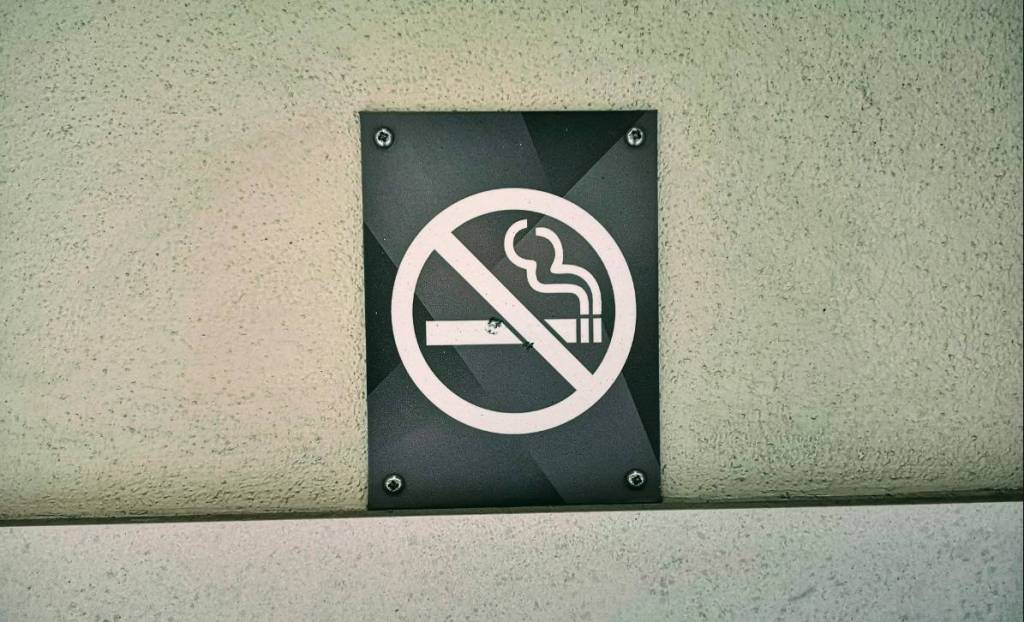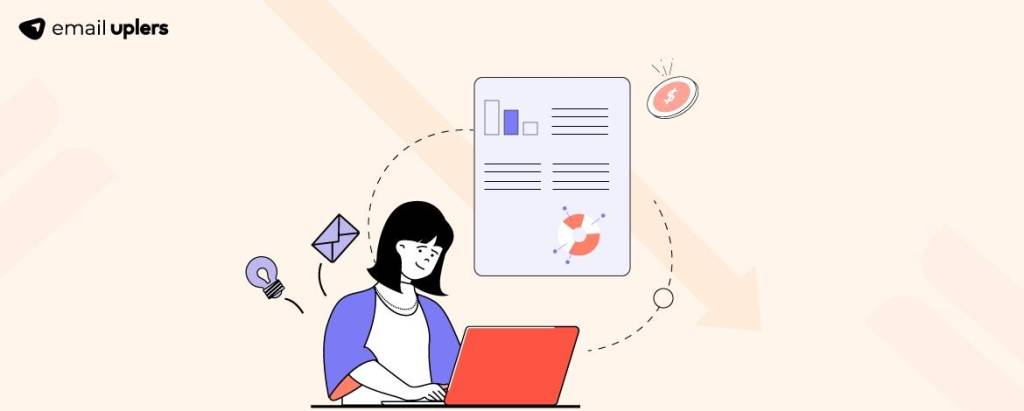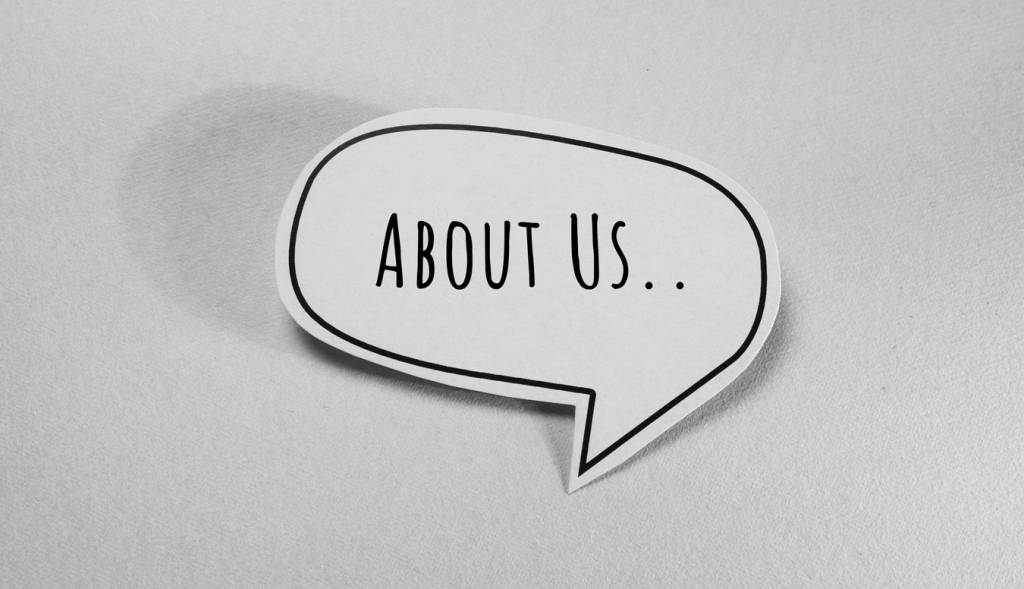I had the unfortunate experience of reading a list of the top stressors in human life. You may have seen that list. Death of a loved one, divorce, losing a friend, major illness, moving, caregiving … the usual suspects. Then, thanks to grazing on brainpickings.org, I discovered the link between unrelenting stress and the deleterious effect on your memory, physical well-being and emotional stability. What a bummer. All bad news.
Well, there was a bit of good news. In the moment, a sudden stressor shuts down any unnecessary bodily function so the organs, systems and limbs you need get fully funded by your central nervous system. Plus they get first priority on blood flow and other physiological processes.
That’s why the caveman wasn’t standing at the sink eating a sandwich when the saber tooth tiger roared outside the opening of his cave. Caveman was suddenly in the mood to flee, or if necessary, fend off the beast. He got super focused in a hurry. Tunnel vision. Got his priorities in order.
The occasional rush deadline or your boss screaming about a missed delivery isn’t in that league of stressor. Most of us turn a blind eye, a deaf ear, or claim we were hacked so we didn’t get that email.
It’s when unrelenting problems meet unsympathetic responses that stress tears you down. It’s physiological, not a character issue. It’s your chemicals: hypothalamic, pituitary, and adrenal hormones that over time cause inflammation in the oddest places. Arthritis, colds, migraines … almost any ailment you can imagine may be triggered by stress.
So that creates more stress. Unmitigated, ongoing stress leads to a kind of numbness. We call that burnout.
The cure doesn’t seem obvious. “Gutting through it” isn’t a long term strategy. Running away isn’t always possible.
Probably the least obvious stress reliever is helping someone else. We’ve known for a long time that altruism benefits the giver more than the receiver. There is something about doing service for someone who could use your help that breathes new life into your worn out soul.
Maybe it’s walking shelter dogs. Lending your couch to someone who is temporarily displaced. Washing your roommate’s dishes. Reconciling a checkbook, doing the weekly shop or whatever else you can for a disabled or elderly neighbor.
Giving the gift of yourself reminds you that you are a gift.
Don’t do the old “give ‘til it hurts.”
Think: If it hurts, give.












